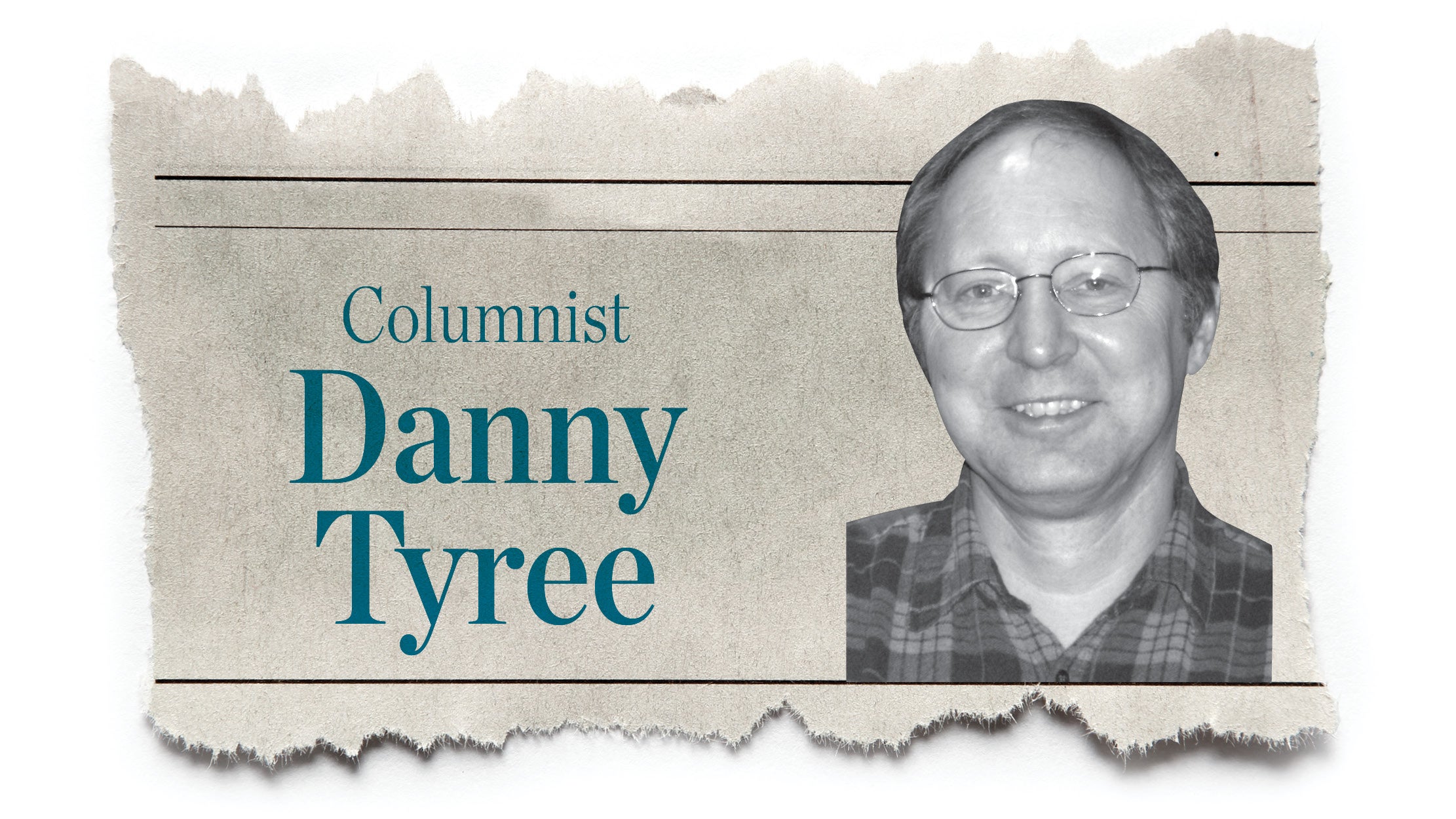Income taxes must be fair
Published 4:20 pm Tuesday, March 31, 2009
John Doe lives on a quiet Ironton street, enjoying the amenities that come from living in southern Ohio. John is fortunate enough to have a job within the city limits and is happy to pay the city’s 1 percent income tax to provide needed services.
Bill Jones lives next door. He too enjoys living in the city, but unfortunately Jones has to work across the river in Ashland, Ky. That means he pays an income tax to Ashland but only pays half of Ironton’s 1 percent per the city’s reciprocity agreement.
Well, unfortunately, a fire breaks, fully engulfing both houses. The question: Who gets top priority? The answer: Both do.
While this situation is hypothetical, the key facts are real and illustrate a very realistic problem with the city’s tax system.
The bottom line is that all Ironton residents are going to get the same level of services — police and fire protection, driving on the same roads, using the same parks, etc. — so it only makes sense that all residents should pay the same level of income tax.
Ironton’s City Council must look at this long-standing inequity and completely dissolve the reciprocity agreement. That means all Ironton residents who work will be responsible for paying the same level of city income tax.
Will those who work elsewhere essentially be paying two taxes? Yes, but they are paying for those same services while they are at their place of employment. Someone who works in Ashland is paying for police protection while at work, paying to make sure the fire department responds if there is a fire there and so on.
The city should also look at its municipal fee, which should stay in place in some form or fashion because it forces those who do not work to contribute, and find a way to offer a credit to those who do pay taxes.
Ironton needs a level playing field so that all of the John Does and Bill Joneses equally contribute to keeping the city a great place to live.




